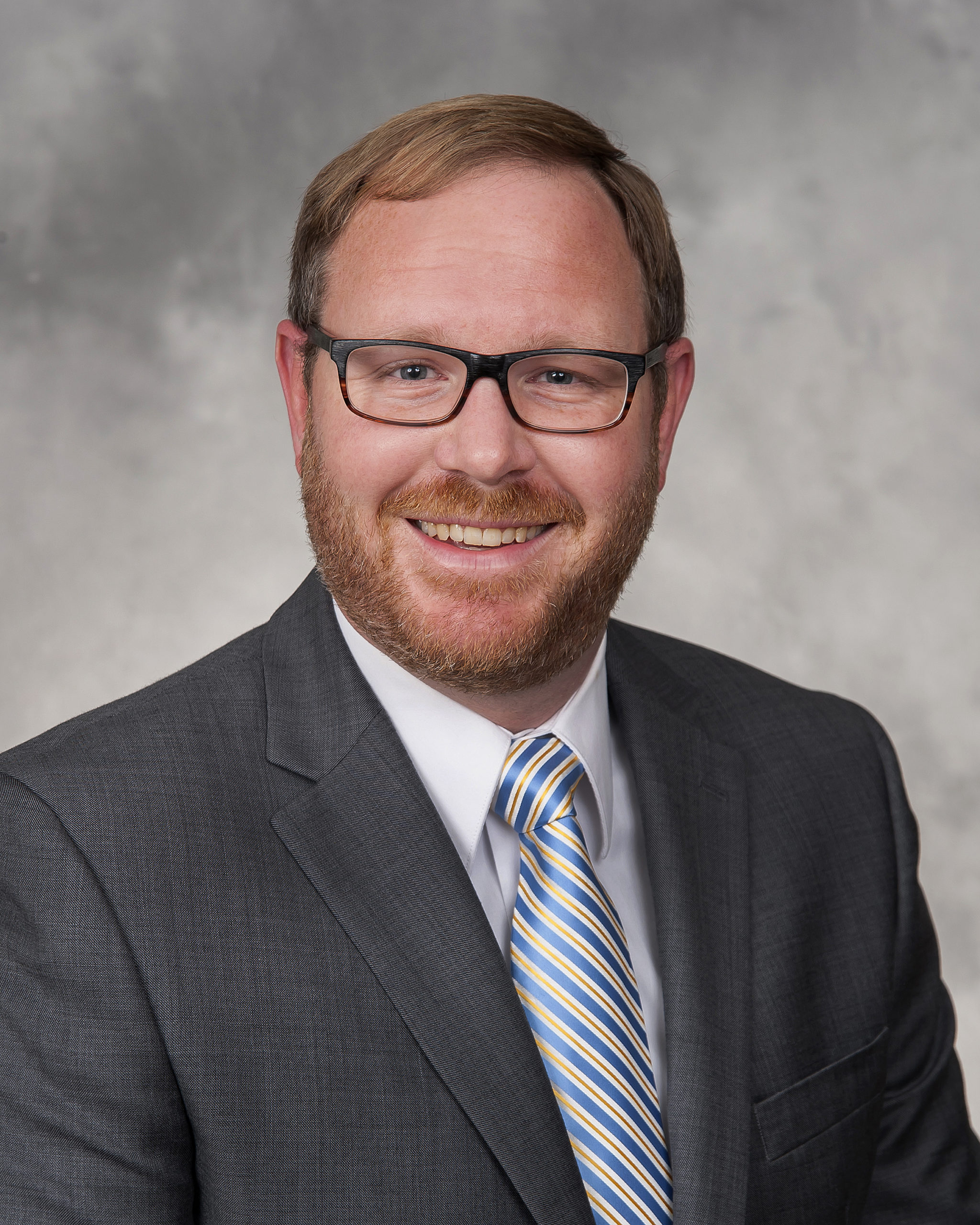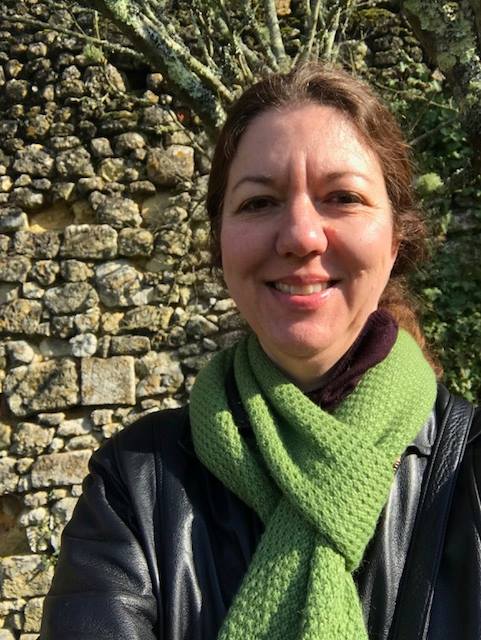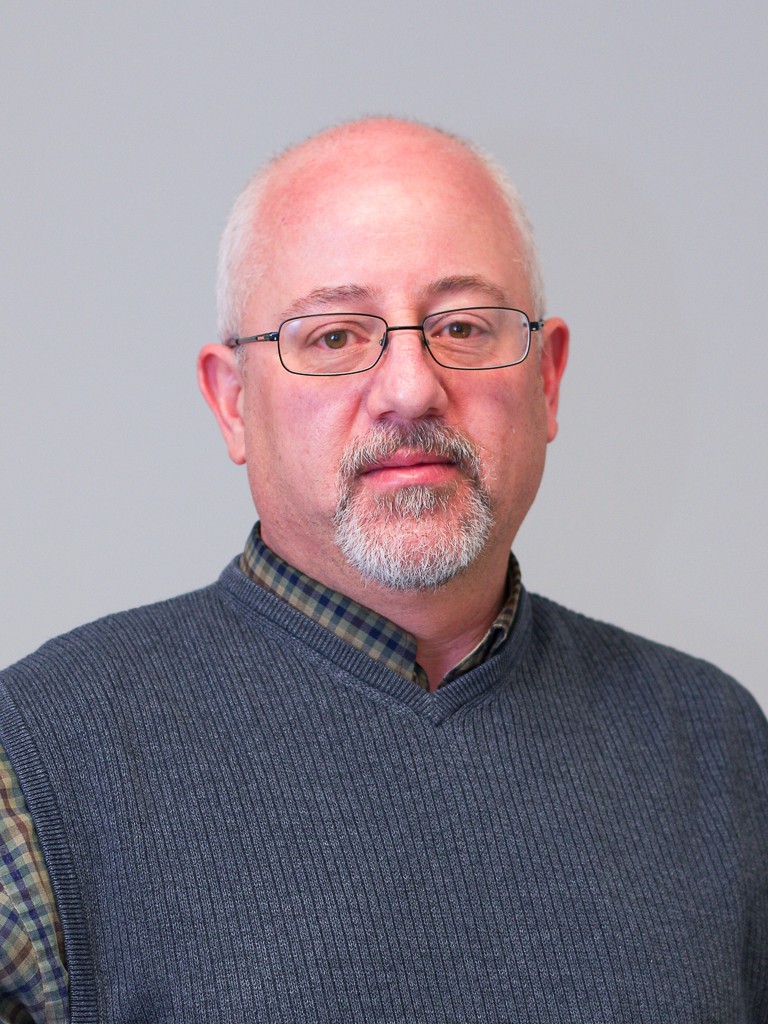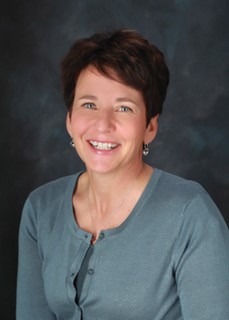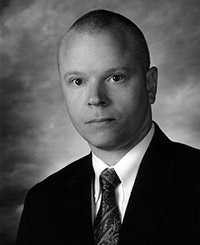Effectiveness of a Suicide Prevention Follow-up Program Linking Hospitals and Mental Health Care Providers in St. Louis and Kansas City, Missouri
Speaker(s):
Glowczwskie, Michelle, MSW, LCSW
Presentation:
This presentation will describe the implementation and evaluation of a continuity-of-care model in reducing suicide in adults. The program is implemented at two Certified Community Behavioral Health Clinics in the St. Louis area. Participants are primarily recruited through inpatient psychiatric hospitalizations and emergency department visits for a recent suicide attempt or suicidal ideation. The evaluation determined program effectiveness in reducing suicide attempts, hospitalizations, emergency room visits, and suicidal ideation at 3- and 6-months post intake.
Objectives:
- Describe a continuity-of-care model being used in the St. Louis and Kansas City areas that immediately links adults in hospital settings to mental health services.
- Learn about and describe the effectiveness of the program in reducing suicide attempts, hospital visits, ER visits, and suicidal ideation. The presentation will provide detail as to how the program was evaluated.
- Develop plans to implement similar programs in their community. The evaluation demonstrated that this model is effective in reducing suicidal behaviors. Audience members should informed enough about the program components to replicate a similar program in their community.

